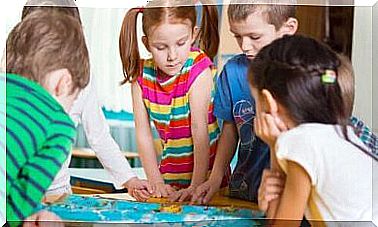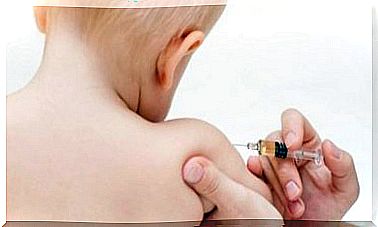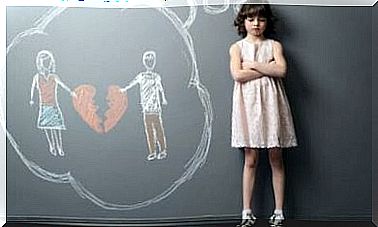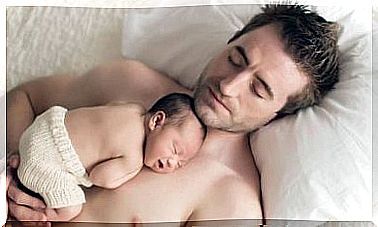How Domestic Violence Affects Children
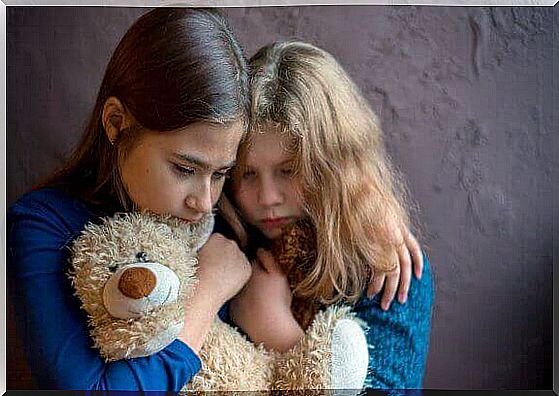
In this article, we talk about the impact of domestic violence on children. Whether it is between the parents, against the children or even against pets, it is a serious problem that affects the children’s emotional health.
How are children affected by domestic violence?
Domestic violence puts children’s physical, emotional and mental health at risk through beatings and threats.
Children who only witness fights between their parents are also victims, because they live in a home ruled by violence. And it’s not just about physical aggression but also emotional and mental, which can be even more dangerous and harmful.
It affects more households than you might think. In most cases, it is about one parent beating the other and sometimes even the children trying to intervene to defend the victim.
The effect on children is complete, absolute and very difficult to reverse, as it affects their development in both the short and long term.
It can also complicate their learning process, and they may urinate in bed, stop talking or have difficulty at school.
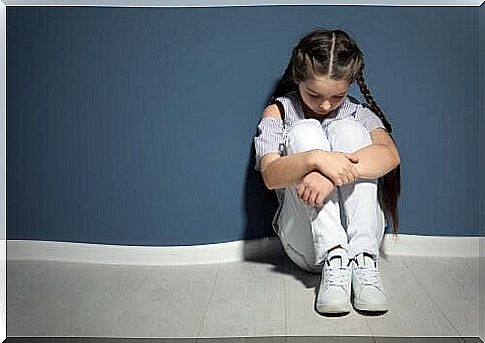
How to identify the consequences of domestic violence
Teachers, family members and friends can notice when something is wrong with the children’s attitude and behavior.
In addition to the signs mentioned above, there are others: insomnia, loss of appetite, anxiety, stress, depression, nightmares and of course aggression.
It is common for children to imitate what they see daily. So when a problem arises with a school friend or a neighbor, the child will want to “solve” this through screams and blows.
Why? Because that’s what the child thinks is correct behavior.
Children living in households where violence is common are more vulnerable to trauma and emotional and psychological problems than those living in a peaceful home.
Children are the “invisible victims” of domestic violence
Young children take in everything they see, hear and feel in their lives. Parents do not have to beat them or shout at them to fall victim to what is happening. Even when the violence between the adults and the children does not see it, they still suffer the consequences.
They keep their intense feelings of anxiety within themselves and can build them up for many years if not treated in time.
The effect of domestic violence can vary according to the child’s age:
Up to 3 years of age
The child shows developmental problems, does not eat enough, screams or gets easily irritated. It also experiences anxiety, sadness and isolation.
Between 3 and 7 years of age
The child feels guilty about the situation, which makes him behave differently than usual.
The child may begin to suck on the fingers, urinate in bed or lose the ability to talk properly. It can also be aggressive, rebellious, destructive, hostile and obsessive.
Between 7 and 13 years of age
Low self-esteem can be shown more clearly, as well as feelings of “hatred” towards the violent adult.
The child may also become irritated and hit or yell at younger siblings, schoolmates, cousins or neighbors. It feels guilt for what it gets to witness at home and if asked, it denies everything.
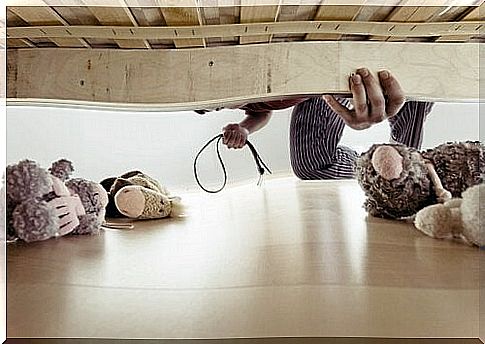
Between 13 and 18 years of age
During adolescence, the main consequence of domestic violence is linked to the child’s feelings and personality. It can develop criminal behaviors, such as stealing or fighting on the street, and can also start using drugs or drinking too much alcohol.
